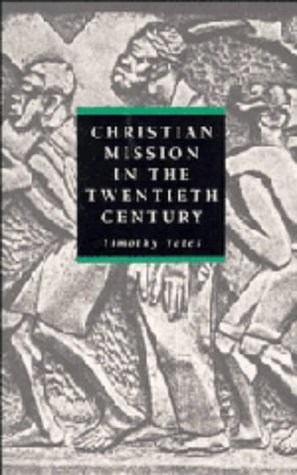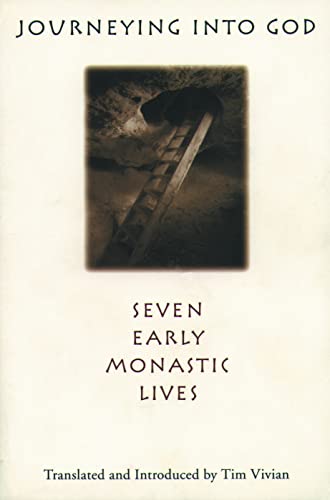Whose Bible is it anyway?
Written by Philip R. Davies Reviewed By Richard S. HessThis collection of six diverse essays considers matters about the Bible and its interpretation. The lengthiest presentation argues that the Hebrew Bible can best be taught in a university setting by severing its connections with Christian theology. The emphasis on a conscious objectivity is commendable but the reduction of theology and other ideologies to two systems in which the nontheological approach is more ‘open’ to alternatives raises questions about the diversity of theological methods that exist on the present horizon. It is not at all certain that a nontheological approach is more open than some theological alternatives. Davies considers the canon and argues that the concept of an agreed upon group of texts with authority is not found in the early Church. He asks an extremely important question about canon. However, it would have been good to consider all the evidence (e.g. the report of Melito of Sardis from the second century). The second half of the book attempts to illustrate Davies’ approach. Thus the eating of fruit in Genesis 3 is part of the deity’s will in order to achieve the goals of human domination of the earth and their multiplication and filling of the world. The Abraham narratives are stories about the patriarch and his buddy, Yhwh, and how they try to get the better of each other. The psalms of lament are examples of how the elite and literate class forced the oppressed elements of society to pay for written prayers about their miserable condition. Daniel 7 is an account of how an older god dies and is replaced by a younger deity. While these interpretationas are very creative, they do no always consider all the implications or constraints of the textual data. For example, the analysis of Genesis 3 is a good one but why assume that this was God’s will at the time that it occurred? Could it not have been the divine will for humans to have the fruit, but only after a maturing process that was cut short according to the narrative? Davies assumes that most of the ancient Israelite society was illiterate and therefore had to pay the elite to write prayers of lament. However, his argument would seem to produce the opposite effect, it would drive any more people to learn how to read and write so that they did not need to pay others to write for them. Perhaps the point of the book is to stimulate thought and discussion. In this it succeeds.
Richard S. Hess
Denver Seminary, Denver







